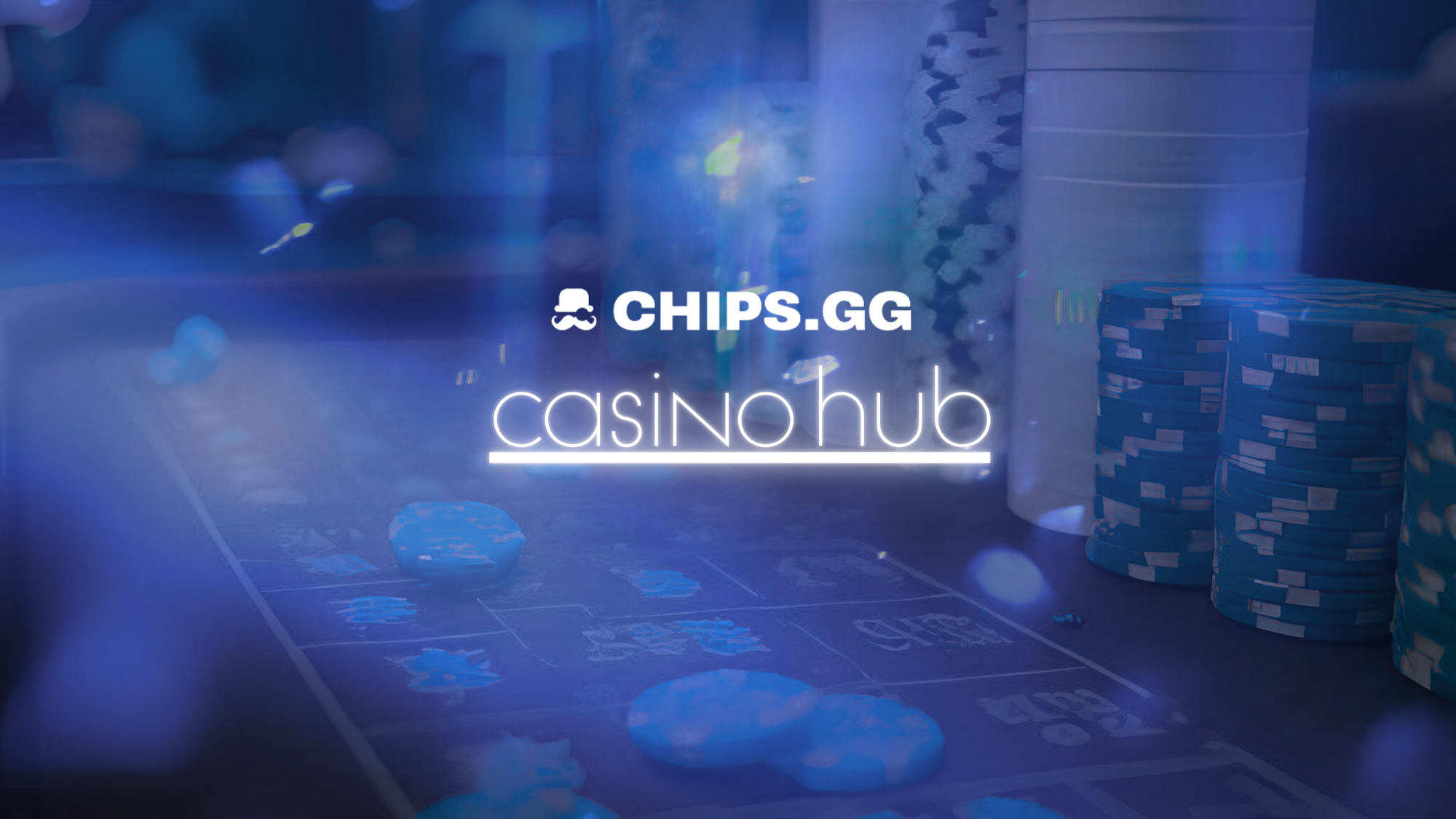I Hit 5 Reds in a Row. Is the Game Broken? A Crash Course in Gambler’s Fallacy
Ever wonder how a fair game can hand you ten straight losses? Welcome to variance..the invisible force behind every win streak and cold run. Learn how Chips.gg players embrace volatility, manage tilt, and stay sharp through the ups and downs.

“It has to be black next. It has to be.”
Said every hopeful roulette player moments before watching the ball land on red for the sixth time in a row.
Welcome to the wild world of the Gambler’s Fallacy, the sneaky little belief that past outcomes influence future ones in games of chance. If you've ever whispered sweet nothings to an RNG (random number generator) or stared down a roulette wheel like it's got beef with your bankroll, you're not alone.
The Classic Casino Trap
Imagine you're at a roulette table. The board shows:
RED – RED – RED – RED – RED
Your brain screams, “No way it’s red again!”
Your chips fly onto black.
The wheel spins…
It’s red again.
Cue dramatic disbelief, swearing allegiance to RNG conspiracies, and double-checking your Wi-Fi connection.
This, friends, is the Gambler’s Fallacy in action, the mistaken belief that a win (or loss) is “due” simply because the opposite outcome hasn’t happened in a while. But here’s the truth: each spin is its own independent event.
RNGs Don’t Have Memory (But Gamblers Sure Do)
Whether you’re flipping a coin, rolling dice, or placing bets on Crash or Mines, fair games are built on true randomness. That means the odds don’t shift based on history.
A fair roulette wheel doesn’t think:
"Oh shoot, that’s five reds. Better throw in a black to balance the universe."
Nope. It just spins.
That’s the hard truth: previous results have zero impact on future ones. So whether it’s red five times or fifteen, the next spin is still the same 18/37 (or 18/38) chance for red or black, depending on the version you’re playing.
Why We Fall For It
The human brain is wired to spot patterns, even when none exist. When outcomes feel streaky, we instinctively try to predict a turn of fortune. And in the heat of betting, that can feel very real.
The result?
- We double down after losses (hello, Martingale).
- We chase patterns like bloodhounds on a scent.
- We make “gut” decisions based on faulty logic.
And then we wonder why we’re back at the cashier.
What You Should Do Instead
Understand the odds.
Learn the actual probabilities of the game you're playing. Know the house edge. If it’s 48.65% to hit black, that’s what it is every time.
Manage your bankroll.
Chasing losses with bigger bets is how players go from “just having fun” to “calling customer support in a rage.” Set limits and stick to them.
Embrace the variance.
Randomness means streaks will happen. You can win five times in a row, and you can lose ten. That’s part of the ride.
The game isn’t broken.
The dice aren’t cursed.
The wheel isn’t mocking you.
(Okay, maybe just a little.)
What you’re experiencing is pure, beautiful, infuriating randomness, the kind that makes gambling thrilling, painful, and oh-so-addictive. And while you can’t predict the outcome, you can outsmart your own biases.
So the next time you see a red streak and feel the urge to “correct” the universe just remember: The universe doesn’t care. But your bankroll does.
#GamblersFallacy #RouletteReality #CasinoMyths #RandomNotRigged #PatternTrap #BettingPsychology #HouseEdgeTruth #CasinoMindGames #BankrollMatters #KnowTheOdds #RNGFacts #MartingaleMistake
#GamblerLogicFail #CasinoTruths #SmartBetsOnly #BetResponsibly #CasinoStrategy101 #VarianceHappens #ChasingLosses #Don’tBetOnBalance

